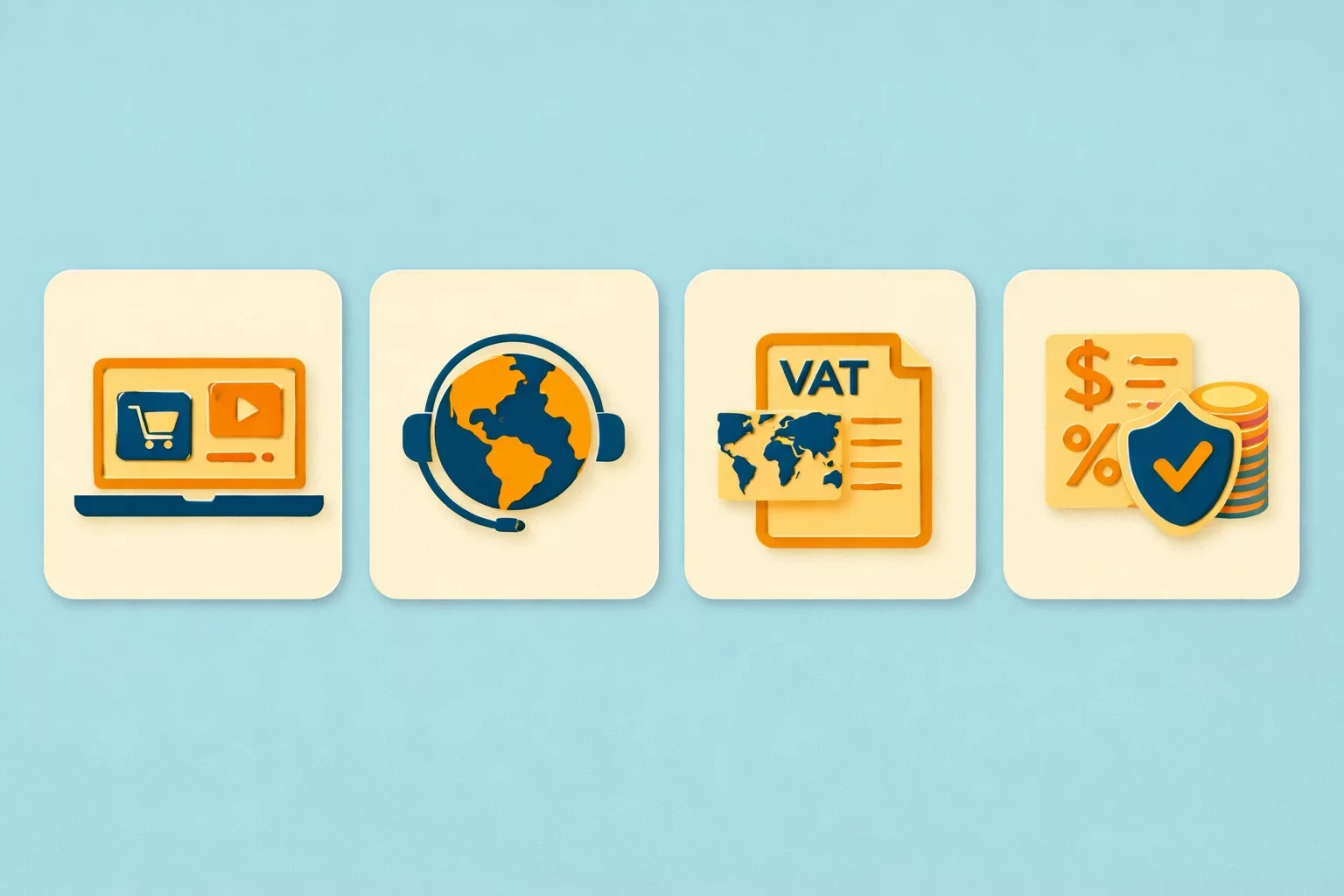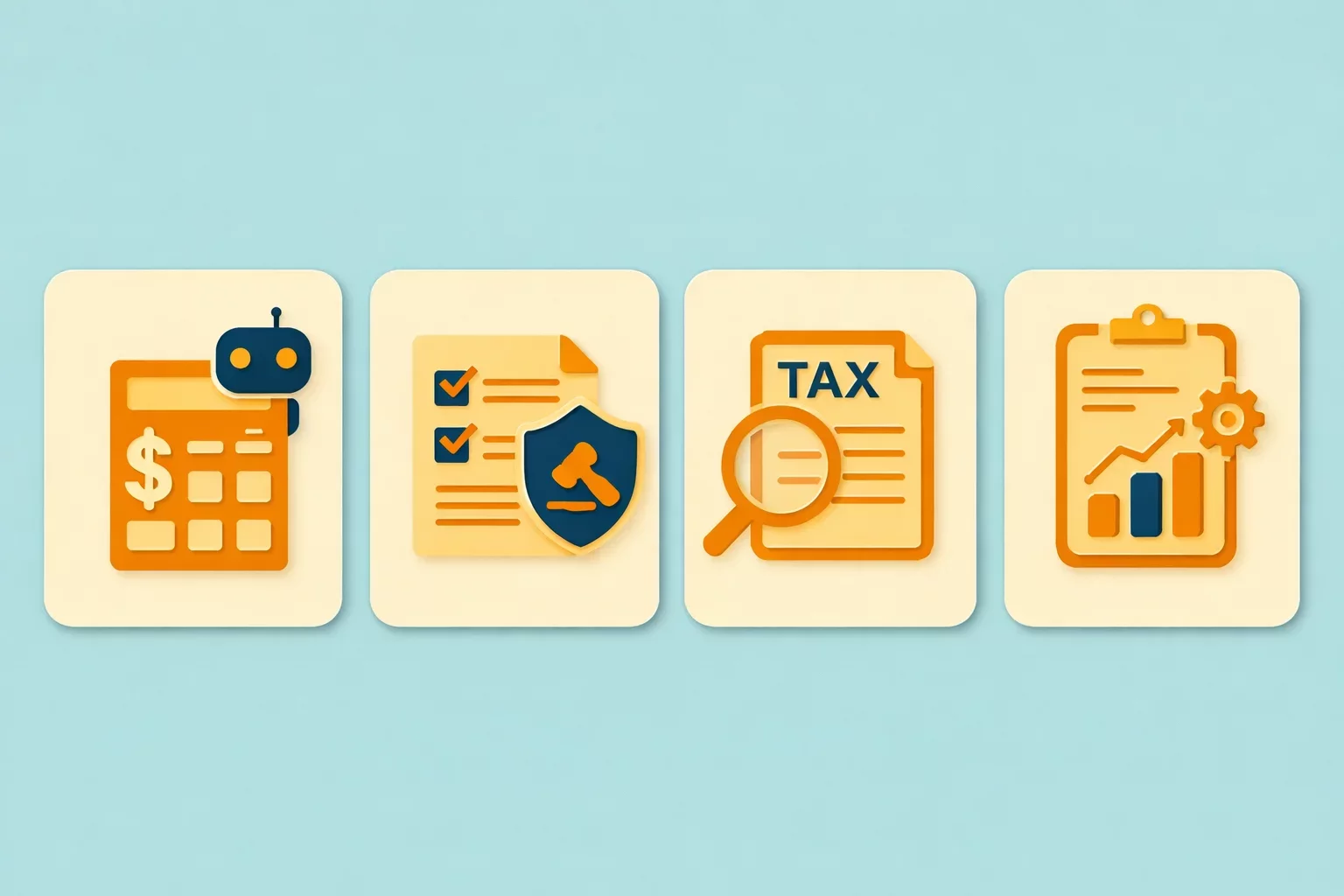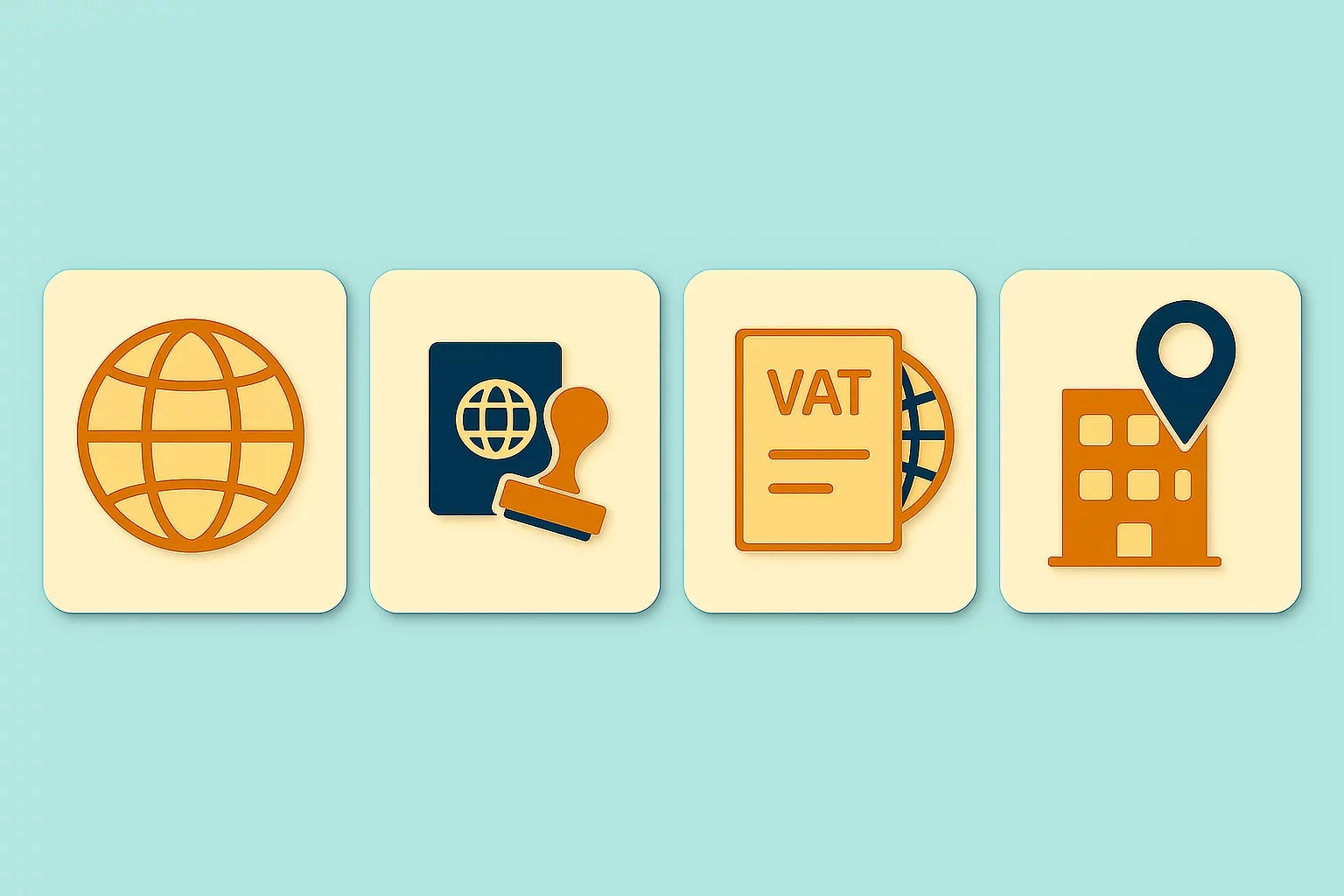The Power of Secure Data Sharing in Multi-Jurisdictional Tax Compliance

Introduction
The global Tax landscape is becoming increasingly complex. With ever-evolving regulations, varying jurisdictional requirements, and the growing threat of audits, businesses are facing unprecedented challenges in managing their tax obligations. In my years in the payments industry, including founding Spheros, I've seen firsthand how a fragmented approach to data management can cripple a company's compliance efforts. Today, the truth is more apparent than ever: relying on outdated methods for managing Tax-related data isn't just inefficient, it's a ticking time bomb. Did you know that businesses lose an estimated $20 billion annually due to Tax compliance errors and penalties (PwC)? It's a staggering figure that underscores the urgent need for change.
The High Cost of Outdated Tax Compliance
The reality for many multinational corporations is a Tax compliance process riddled with inefficiencies and risks. This includes organizations:
Using multiple software systems for tax compliance, and less than 25% of these systems communicate seamlessly (Thomson Reuters).
Spending over 200 hours each month manually reconciling and validating Tax data (Deloitte).
Being penalized for late or incorrect filing, costing about $20B per year (PwC).
This fragmented approach leads to:
Increased Risk of Errors: Manual data entry and multiple spreadsheets create a breeding ground for errors, increasing the likelihood of non-compliance and hefty penalties.
Wasted Resources: Teams spend countless hours on repetitive tasks, diverting valuable resources from strategic initiatives.
Lack of Visibility: Scattered data makes it difficult to gain a clear, real-time view of Tax liabilities and obligations across jurisdictions.
Security Vulnerabilities: Sensitive tax data stored in unsecured spreadsheets and systems is vulnerable to breaches and unauthorized access.
One of our clients, a multinational retail company operating in 15 countries, was struggling with exactly this. Their tax team was overwhelmed, manually collating data from disparate systems across Europe. This resulted in delays in filing and a substantial fine from one tax authority. They came to us seeking a way to streamline their Tax process and regain control.
Intelligent Data Management: The Key to Transformation
Intelligent data management, powered by secure, cloud-based platforms, is revolutionizing how businesses approach global Tax compliance. These platforms are not just about storing data; they're about intelligently managing it – ensuring accuracy, accessibility, security, and compliance. This involves incorporating automation to streamline processes, improve accuracy, and reduce manual workload. These platforms offer a centralized, standardized, and automated approach to managing Tax-related data across all jurisdictions, offering:
Three Pillars of Modern Tax Compliance Platforms:
Real-Time Data Validation:
Real-Time Data: Receive information immediately upon review and refresh from the sending party, using the updated information to make more information, accurate decisions.
Accurate Sender Data: Parties can update and send data on a consistent basis to ensure their data never becomes stale. This happens through network platforms, digital wallets, or both.
Third Party Validation: Utilize the services of third parties who collect data and can quickly tell you whether the data that you have in your database is accurate or not compared to government and municipal records.
Granular Access Control and Enhanced Data Security:
Role-Based Access: Platforms offer granular, role-based access control, ensuring that only authorized personnel can access specific data sets based on their responsibilities. For example, a junior tax analyst might only have access to data for a specific country, while a tax director has a global view.
Data Encryption: Sensitive data is encrypted both in transit and at rest, protecting it from unauthorized access.
Detailed Audit Trails: Every data access and modification is tracked, providing a complete audit trail for compliance and accountability.
Seamless Data Portability and Interoperability:
Standardized Data Formats: Platforms support standardized data formats like SAF-T (Standard Audit File for Tax), ensuring seamless data exchange with tax authorities and other stakeholders.
API Integrations: They integrate with existing ERP, accounting, and e-invoicing systems, eliminating the need for manual data entry and ensuring data consistency.
Cross-Border Data Transfers: Platforms facilitate compliant cross-border data transfers, adhering to regulations like GDPR, while ensuring data integrity and security.
The Benefits: Efficiency, Accuracy, and Peace of Mind
By adopting intelligent data management platforms, businesses can expect:
Cost Savings: Studies have shown that companies can reduce Tax compliance costs by up to 50% by automating manual tasks and minimizing errors.
Time Savings: Automated data validation and reporting can free up tax teams to focus on strategic planning and analysis. Our retail client, mentioned earlier, was able to reduce their Tax processing time by 70% after implementing our platform.
Improved Accuracy: Real-time validation and automated calculations significantly reduce the risk of errors and non-compliance.
Enhanced Security: Data is stored securely and accessed only by authorized personnel, minimizing the risk of breaches.
Greater Transparency: A centralized platform provides a clear, real-time view of Tax liabilities and obligations across all jurisdictions.
The Future of Tax Compliance is Intelligent
As we move further into 2025, the companies that thrive will be those that embrace a data-driven approach to Tax compliance. This means leveraging intelligent data management platforms that enable them to:
Fully own and control their Tax data.
Store information securely and in compliance with global data privacy regulations.
Exchange documentation efficiently and securely with tax authorities and partners.
Revoke access instantly when needed.
Update records seamlessly and in real-time.
The Bottom Line
The question isn't whether businesses need intelligent data management platforms for their multi-jurisdictional Tax compliance – it's how quickly they can implement them. In today's rapidly evolving digital landscape, the cost of inaction is measured not only in fines and penalties but also in missed opportunities and lost competitive advantage. The future of Tax compliance is here, and it's intelligent.

Featured Insights

Burkina Faso FEC E-Invoicing Mandatory July 2026
🕝 February 24, 2026More News from World
Get real-time updates and developments from around the world, keeping you informed and prepared.
-e9lcpxl5nq.webp)
































-7xdqdopxl6.webp)



-a9bz8kz2cs.webp)






























